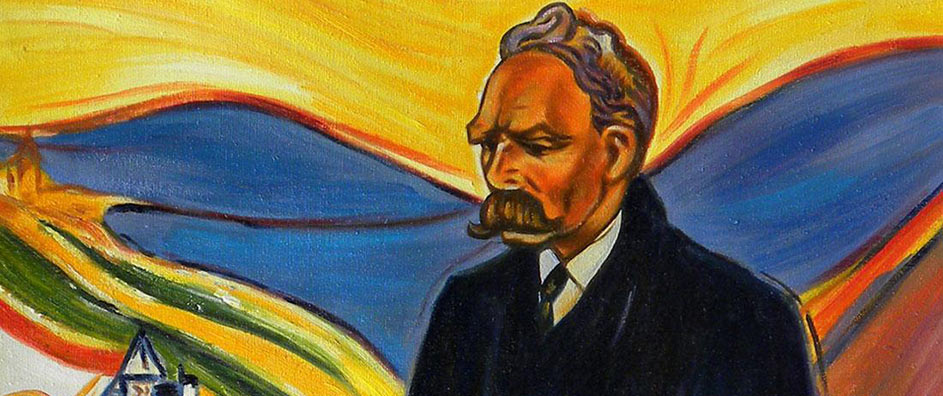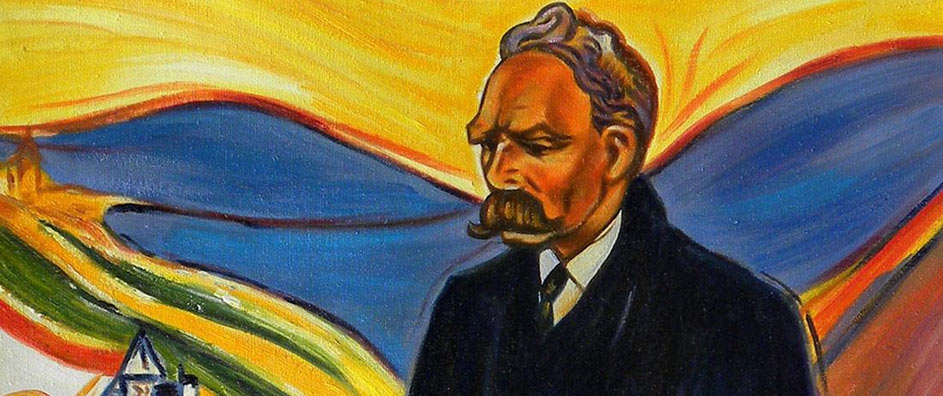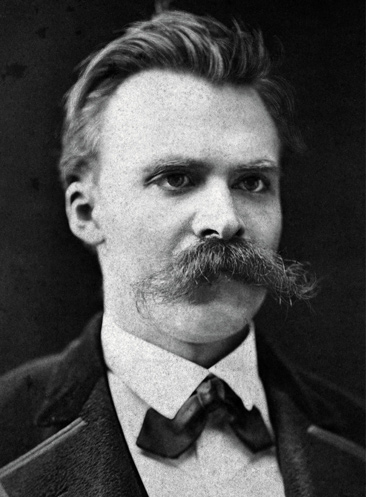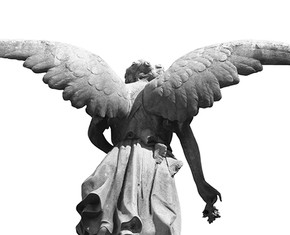The views expressed in our content reflect individual perspectives and do not represent the authoritative views of the Baha'i Faith.
 Everyone has a soul capable of drawing near to God in prayer and worship.
Everyone has a soul capable of drawing near to God in prayer and worship.
But despite this universal capacity, we are also all born unbelievers. We come into this world with no knowledge of any Creator, completely unaware of Divine revelation, and ignorant of any spiritual practices by which we can commune with the Holy Spirit. As one Baha’i prayer states, “Were it not for Thy summons I would not have worshipped Thee.” Spirituality must be learned; and since the heart of spirituality is love, we must learn to love. Abdu’l-Baha directs the reader’s attention to this theme in a passage about the spiritual education of children:
It is the hope of Abdu’l-Baha that those youthful souls in the schoolroom of the deeper knowledge will be tended by one who traineth them to love. May they all, throughout the reaches of the spirit, learn well of the hidden mysteries; so well that in the Kingdom of the All-Glorious, each one of them, even as a nightingale endowed with speech, will cry out the secrets of the Heavenly Realm, and like unto a longing lover pour forth his sore need and utter want of the Beloved. – Selections from the Writings of Abdu’l-Baha, p. 107.
Teaching a child how to recite a simple prayer isn’t too difficult. A few good techniques combined with a sound consistent methodology goes a long way toward meeting that basic objective. But the ardent worship of God described by Abdu’l-Baha requires an inner transformation in the child that takes time, attention and practice. At first, the child might go through all the motions that give the outward appearance of prayer and not understand the spiritual impetus behind it. Consequently, he or she may need years to cultivate the inner desire to commune with the Holy Spirit. Empty imitation can impede that desire. Love is not so easily learned, and might pass through many stages of development before arriving at the rapturous communication with the mysterious Abdu’l-Baha so beautifully and compellingly describes.
I thought of Abdu’l-Baha’s words when I came across the following passage by Friedrich Nietzsche in his book The Gay Science. I think it gives food for thought when reflecting on the task Abdu’l-Baha sets before us. Nietzsche uses the example of music:
One must learn to love. This is what happens to us in music: First one has to learn to hear a figure and melody at all, to detect and distinguish it, to isolate it and delimit it as a separate life. Then it requires some exertion and good will to tolerate it in spite of its strangeness, to be patient with its appearance and expression, and kindhearted about its oddity. Finally there comes a moment when we are used to it, when we wait for it, when we sense that we should miss it if it were missing; and now it continues to compel and enchant us relentlessly until we have become its humble and enraptured lovers who desire nothing better from the world than it and only it.
But that is what happens to us not only in music. That is how we have learned to love all things that we now love. In the end, we are always rewarded for our good will, our patience, fairmindedness, and gentleness with what is strange; gradually, it sheds its veil and turns out to be a new and indescribable beauty. That is its thanks for our hospitality. Even those who love themselves will have learned it in this way; for there is no other way. Love, too, has to be learned. – p. 334.
Good prayer is like good music — it requires practice to appreciate something so beautiful. Such love and appreciation take time to develop before they turn into habits. Our habits, much more than just outward gestures and motions, become the postures that shape our beings. We gradually turn the mirror of our hearts towards God, the heavenly sun of spiritual illumination, by learning to love prayer and make it a habitual practice. It may require a number of intermediate stages, some consistent attention and a devotion to its daily practice. Consequently, we shouldn’t be discouraged if we or any of our loved ones can’t leap from one side to another in a single bound.
Whether one recites the word of God, communes silently, or improvises one’s own words, prayer empowers the soul with the strength of its own voice, and enables it to call out to its Beloved. Each of these modes or prayer may seem strange at first encounter — but we learn to love the beauty in prayer as we pray.

















Comments
Sign in or create an account
Continue with Googleor